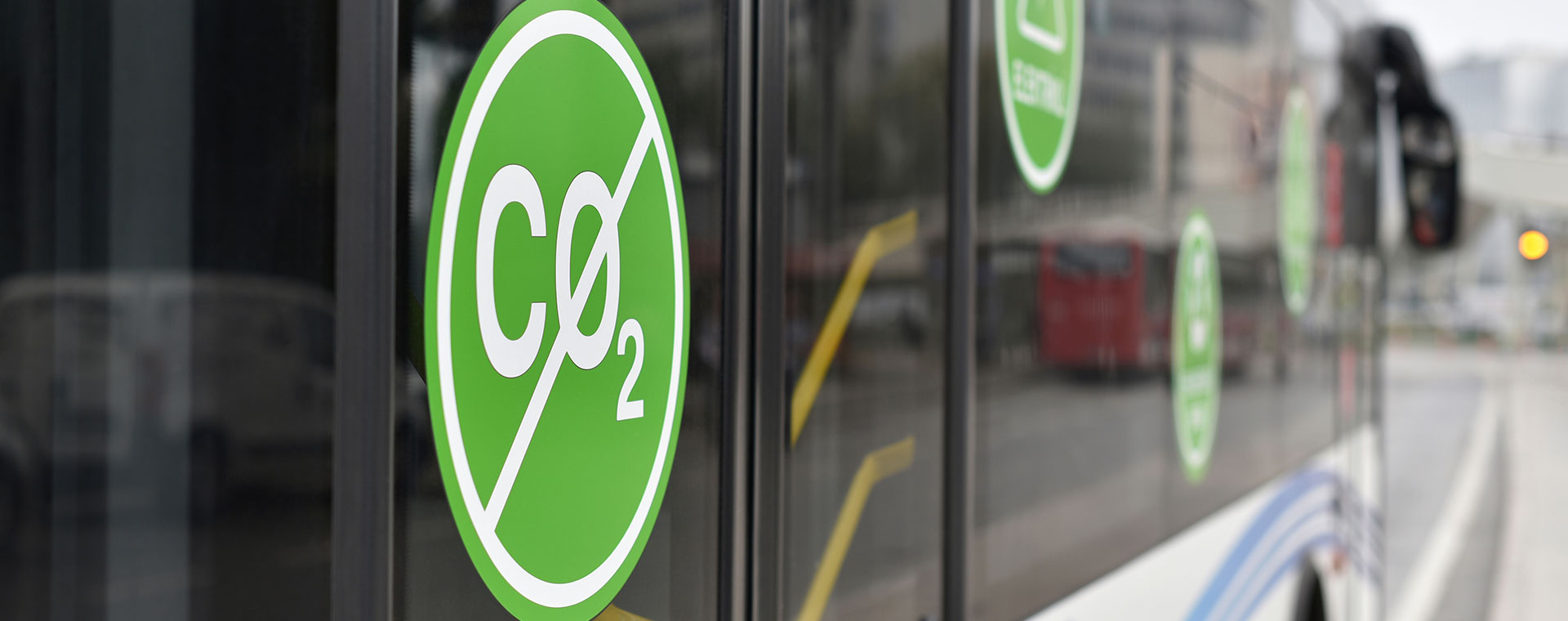European Stories
Social Cohesion
European stories of Mobility and social cohesion

Mobility and social cohesion were obvious topics for the second Mobility Sphere forum, held in the run-up to the European elections at a time when the European Union’s Green Deal is being brought into question. Among the concerns voiced are those about the inequalities it could generate, reinforce, or fail to address. Ensuring an inclusive transition has become a major priority so nobody is left behind on the journey towards decarbonized and accessible mobility. Here are some inspiring European stories.
NETHERLANDS
Hop on the Buurtbus
The “Buurtbus”, Dutch for “neighborhood bus”, comes into play where regular buses won’t go because of low passenger numbers in sparsely populated areas. Born in the Netherlands, the concept involves running minibuses in cooperation between local authorities, an operator and volunteer drivers. The itinerary can vary according to the mobility needs on any given day. Transdev subsidiary BBA launched the first such service in the early 1980s. Seen as an integral part of the transportation system and the solidarity economy, hundreds of “Buurtbuses” are in operation in The Netherlands, and the idea has since been taken up in other countries.
FRANCE
Red card for school bullies
Understanding the needs of young people is paramount when you operate bus services for students in schools, universities and study trips.
Experienced drivers, comfort and a high level of safety are key ingredients for successful school runs, which are essential in certain areas to ensure young people can access education.
Transdev takes 700,000 children to and from school every day in France alone. In 2023, it signed a partnership with ADN Kids, a charity that teaches children how to deal with conflict, to dare to speak up, stand up for themselves and help each other. ADN Kids’ method and insights have proved to be a valuable tool for school bus teams who accompany children every day.
Just ask: on-demand transportation
Where there is no dense transportation system, in less-populated areas outside urban centers, transportation on demand (TOD) comes into its own.
TOD solutions are offered in several countries, providing flexibility and freedom in daily mobility, and fostering social cohesion and development. In northern France, the Tadao network, operated by Transdev subsidiary Artois, offers highlydigitalized services in an area with 150 communities and 650,000 inhabitants. The aim of TOD is always to close gaps in existing transportation services, with maximum flexibility and digital ease. Success stories include PTFlex in the Netherlands, French city Le Havre’s 100-percent digital service for night owls and workers, and ondemand ferry services in Sydney Harbor.
PORTUGAL
Just say yes
SIM, which means “Yes” in Portuguese, is a transportation offer in sparsely-populated, often low-income areas far from urban centres with no or little existing public transport, with a strong emphasis on sustainability and accessible subscription options. Among its offers is SIM-5 Dias, which runs a bus or minibus service from five communities to the municipal center, each on a different workday of the week. SIM can be upscaled according to population size, and combined with other services such as on-demand transportation. Transdev Portugal has been running these services since 2017.
Boosting independence
In Harrogate, England, free bus travel is offered for people with disabilities to encourage them to use public transportation and boost their independence.
The Harrogate Bus Company, a Transdev subsidiary, teamed up with the Guide Dogs charity organization to work with visually impaired people, to help make travel easier. Amy, 16, and Sam, 26, joined a special training session to practice boarding a bus, using a ticket, making a journey and alighting to complete the trip. A group of special-needs students at Harrogate’s Personalized Learning College were also given free passes to help boost their confidence in using public transport.
-
 Interview
Public investment
Interview
Public investment
Recommendations for European cities to achieve carbon neutrality in transport
Charlotte Halpern, FNSP tenured researcher at Sciences Po Paris’ Centre for European Studies and Comparative Politics
-
 Interview
Social Cohesion
Interview
Social Cohesion
How does the Trans-European Transport Network facilitate efficient mobility and social cohesion?
Isabel García Muñoz, Member of the European Parliament
-
 Interview
Social Cohesion
Interview
Social Cohesion
What role do transportation and infrastructure play in promoting social cohesion in Europe?
Isabel García Muñoz, Member of the European Parliament
-
 Insights
Borders
Insights
Borders
What are the challenges of cross-border mobility in Europe?
Jakop Dalunde Member of the European Parliaments
Mobility has played a crucial role in connecting people and shaping societies throughout history. -
 European Stories
Social Cohesion
European Stories
Social Cohesion
European stories of Mobility and social cohesion
Mobility and social cohesion were obvious topics for the second Mobility Sphere forum, held in the run-up to the European elections.
